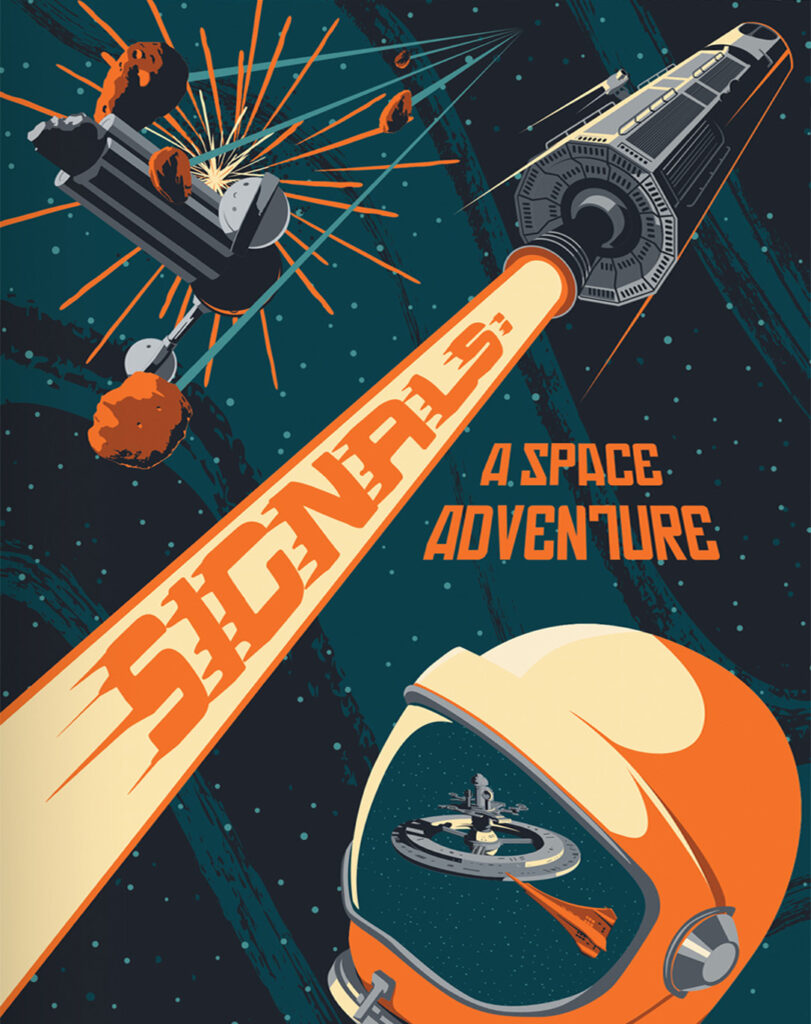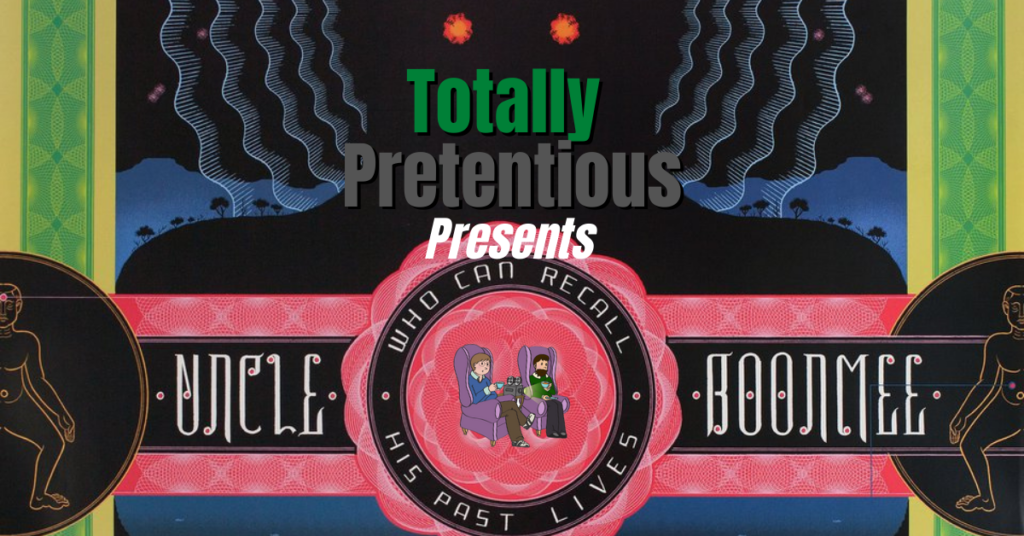Movie Review: Signale – Ein Weltraumabenteuer (Signals: A Space Adventure)(1970; dir. Gottfried Kolditz)

About Signale – Ein Weltraumabenteuer (1970): In the middle of the 21th century, a spaceship loses its bearings, and the commander of another space crew, seemingly on a routine check flight, decides to investigate. The first and most ambitious of two epic space operas that prolific East German genre director Gottfried Kolditz (1922-1982) made for the state-run DEFA film studios, SIGNALS was DEFA’s cheeky attempt to outdo Kubrick’s 2001: A SPACE ODYSSEY behind the Iron Curtain. The film used many of the same tricks: expansive, visually stunning shots of the cosmos … gorgeous Futurist space-design with ergonomic chairs, IBM lookalike computers, Mod mini-dresses and “STAR TREK” space uniforms … even a copycat free-floating in tunnel sequence with a wild electronic Perry-Kingsley type score. Featuring breathtaking 70mm cinematography, recently restored in 6K from the original camera negative by the University of Massachusetts Amherst / DEFA Film Library for its first-ever world Blu-ray release by Deaf Crocodile. The Blu-ray is available via Deaf Crocodile along with Koldtiz’s Im Straub der Sterne (In the Dust of the Stars). Note: The film was adapted from Carlos Radsch’s Asteroidenjäger (1961)!
459. Uncle Boonmee Who Can Recall His Past Lives (2010; Dir. Apichatpong Weerasethakul) — Totally Pretentious #25

https://media.blubrry.com/skiffyandfanty/dts.podtrac.com/redirect.mp3/archive.org/download/sand-f-459-uncle-boonmee/SandF_459_Uncle_Boonmee.mp3Podcast: Play in new window | DownloadSubscribe: Apple Podcasts | Spotify | Android | Email | TuneIn | Deezer | RSSSlices of life, tamarind, and unexpected familiar guests, oh my! Shaun Duke and David Annandale wander to another part of the world to talk about Apichatpong Weerasethakul’s Uncle Boonmee Who Can Recall His Past Lives (2010; Loong Boonmee raleuk chat). Together, they explore the film’s themes of death and life, what it’s like to be a water buffalo getting its freedom, the director’s appreciation of classic cinema and its influences in this film, and so much more. Thanks for listening. We hope you enjoy the episode!

